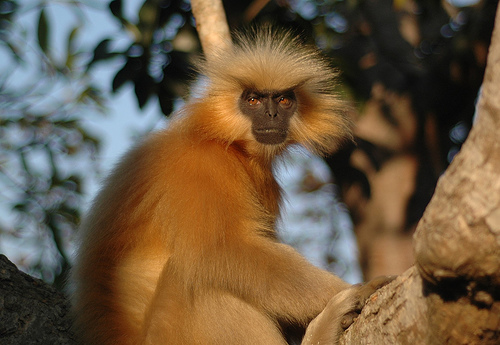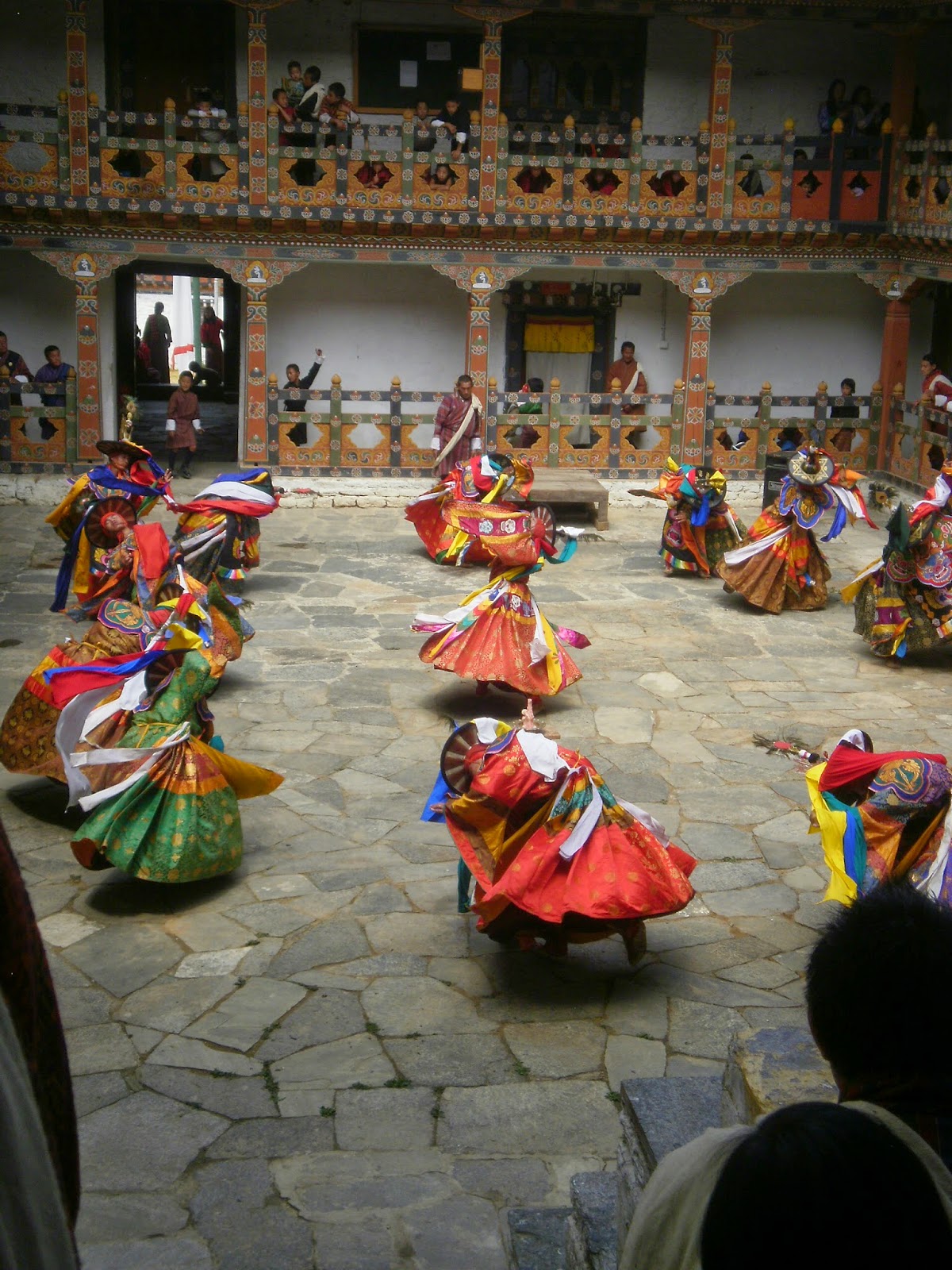 Hi friends! It's me again, Joe Crow.
I've had a wonderful month of March here in the Kingdom of Bhutan.
We celebrated Mr. MacInnes' birthday, went to a special festival at
the Dzong (if you want a
reminder of what a 'Dzong' is, then visit my first blog) and had a great
time getting to know the children at Samey Primary School. Just have
a look at the photos!
Hi friends! It's me again, Joe Crow.
I've had a wonderful month of March here in the Kingdom of Bhutan.
We celebrated Mr. MacInnes' birthday, went to a special festival at
the Dzong (if you want a
reminder of what a 'Dzong' is, then visit my first blog) and had a great
time getting to know the children at Samey Primary School. Just have
a look at the photos! |
| We had a special reading afternoon at school! |
The weather is changing fast – it's
not freezing cold at night any longer, and the days are hot. Mr
MacInnes is not keen on the little biting flies that keep attacking
his legs, though! I wonder what April will bring?
In
this entry I'd like to tell you something about “Gross
National Happiness”,
something that is very important in Bhutan. It is called GNH
for short.
In
most countries, we look at the economy
– how much money the country is making and how much money people
have to spend on things – to see how well the country is doing. We
also look at whether people have good levels of education, access to
hospitals, clean water, electricity, internet and nice things in the
shops. This is known as “development”.
If a country is doing well in all of those things, we call it a
“developed country”. England is a developed country. If some of
those things are missing, we sometimes call such a country a
“developing country”.
However,
in Bhutan, they try to look at more than just the economy and
people's living standards when working out how well the country is
doing. They also try to measure how happy people are!
This is the vision of Gross National Happiness.
 |
| A traditional ceremony to celebrate the King's birthday. |
The
basic message of GNH is that people's happiness in life is just as
important as money, owning nice things and living in a comfortable
place. Bhutan believes that in order for people to be happy then
development must be sustainable,
meaning that things will be as nice for people in the future if not
even better than now. Also important is keeping traditions and
protecting the environment and all the animals in it.
 |
| A golden langur. |
There
are a lot of laws in Bhutan to protect traditional ways of doing
things, like wearing the national dress.
This means that people won't feel their traditional beliefs will be
lost as the world changes. There are also many laws to protect the
many rare animals that live in Bhutan, like tigers and rhinos. Most
of the country is still covered in forest, meaning that Bhutan is an
incredibly special place for animals. There is one species of monkey,
the golden langur,
that doesn't live anywhere else in the world! Bhutan believes that by
keeping these animals – and their natural homes – safe is also
important for people's happiness. I love seeing my wild friends
healthy and free, don't you?
 |
| The fourth King of Bhutan. |
The
idea of GNH being important in Bhutan's development came from the
Fourth King,
in 1972. It might be difficult to measure, but Bhutan hopes that
other countries and experts will adopt the ideas in their countries
too. I really like the ideas of GNH, and I like the way the children
learn about the ideas in school too. If these children grow up caring
about their world and looking after it, then it will be a better
place for animals like me as well as all the people on Earth!
Joe :)






